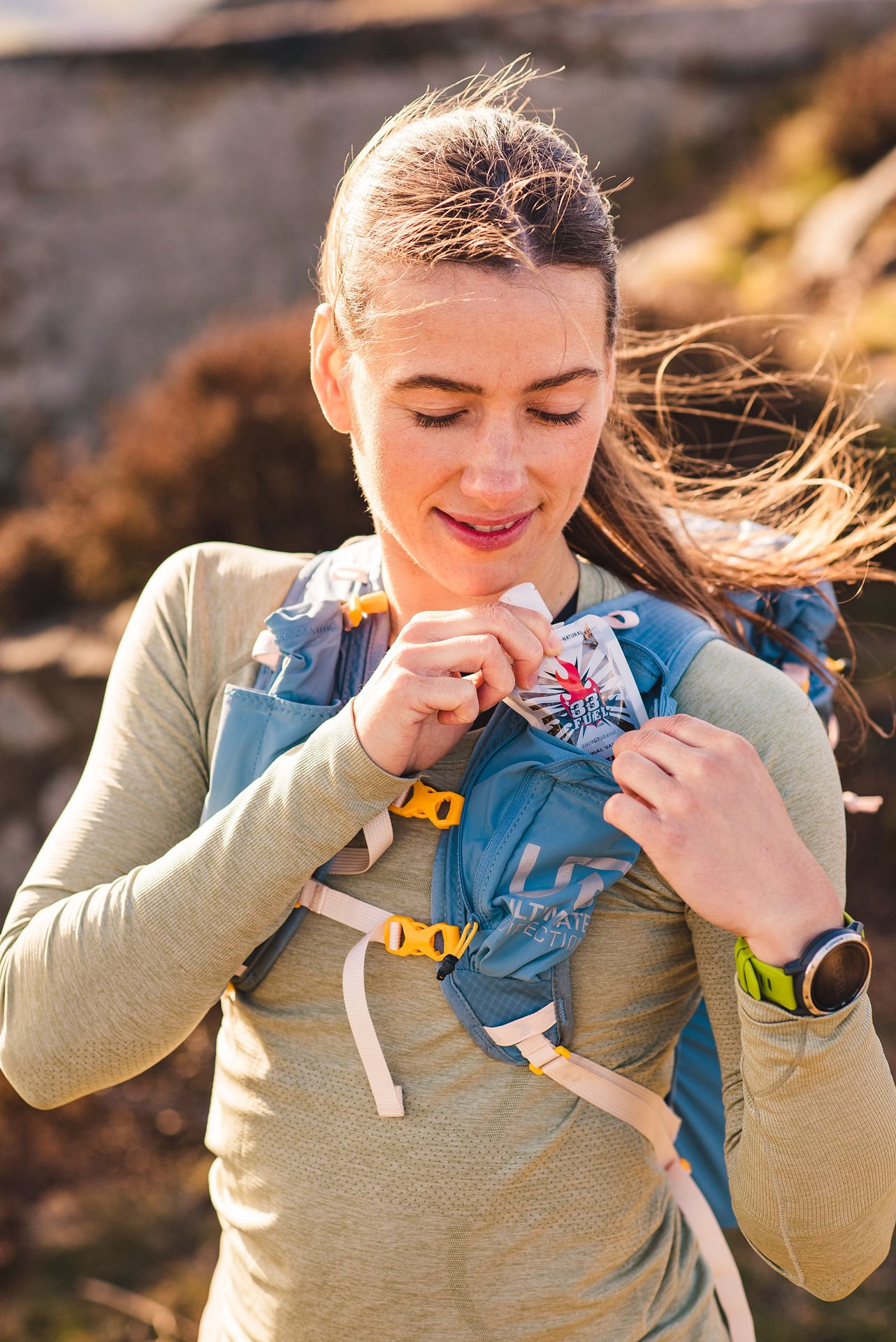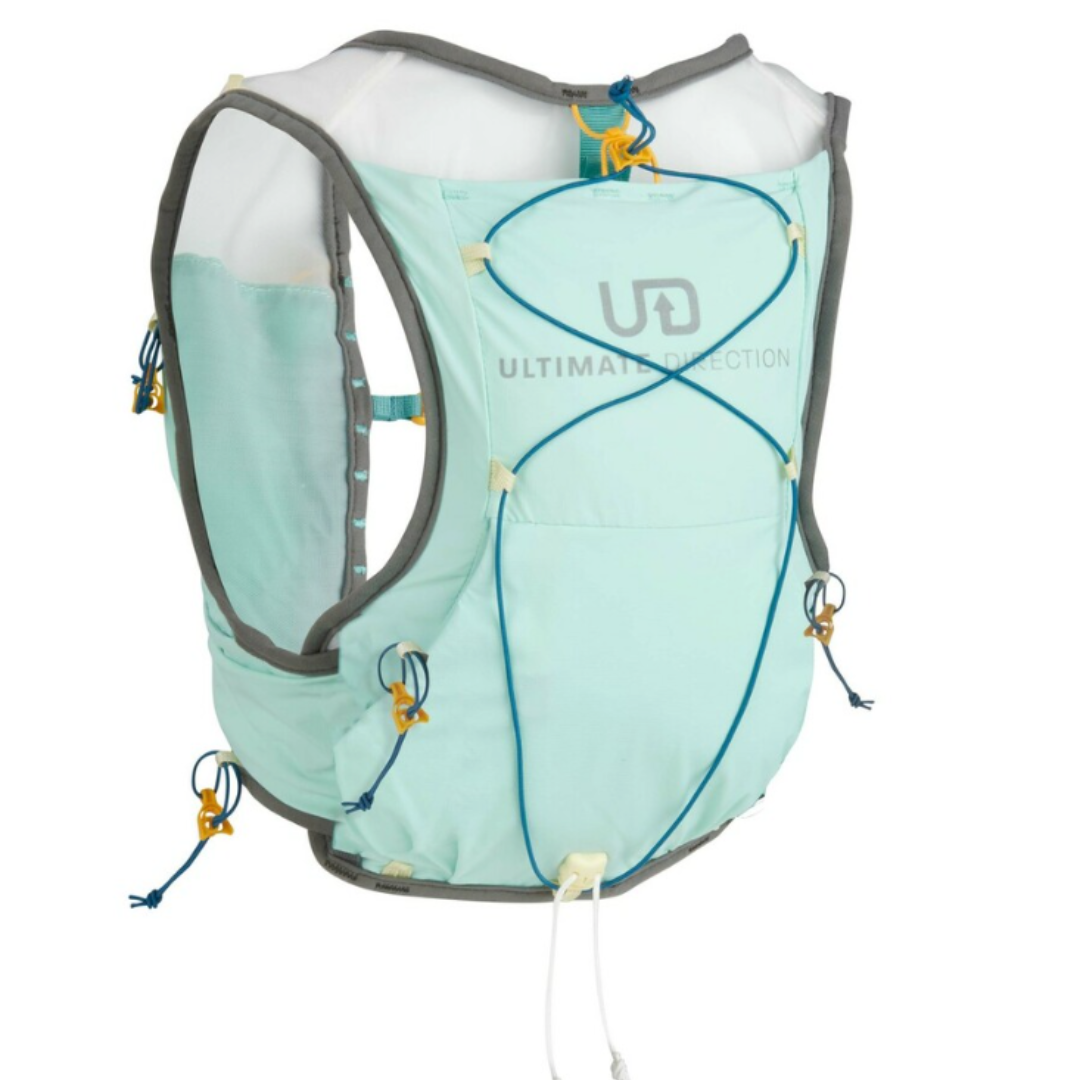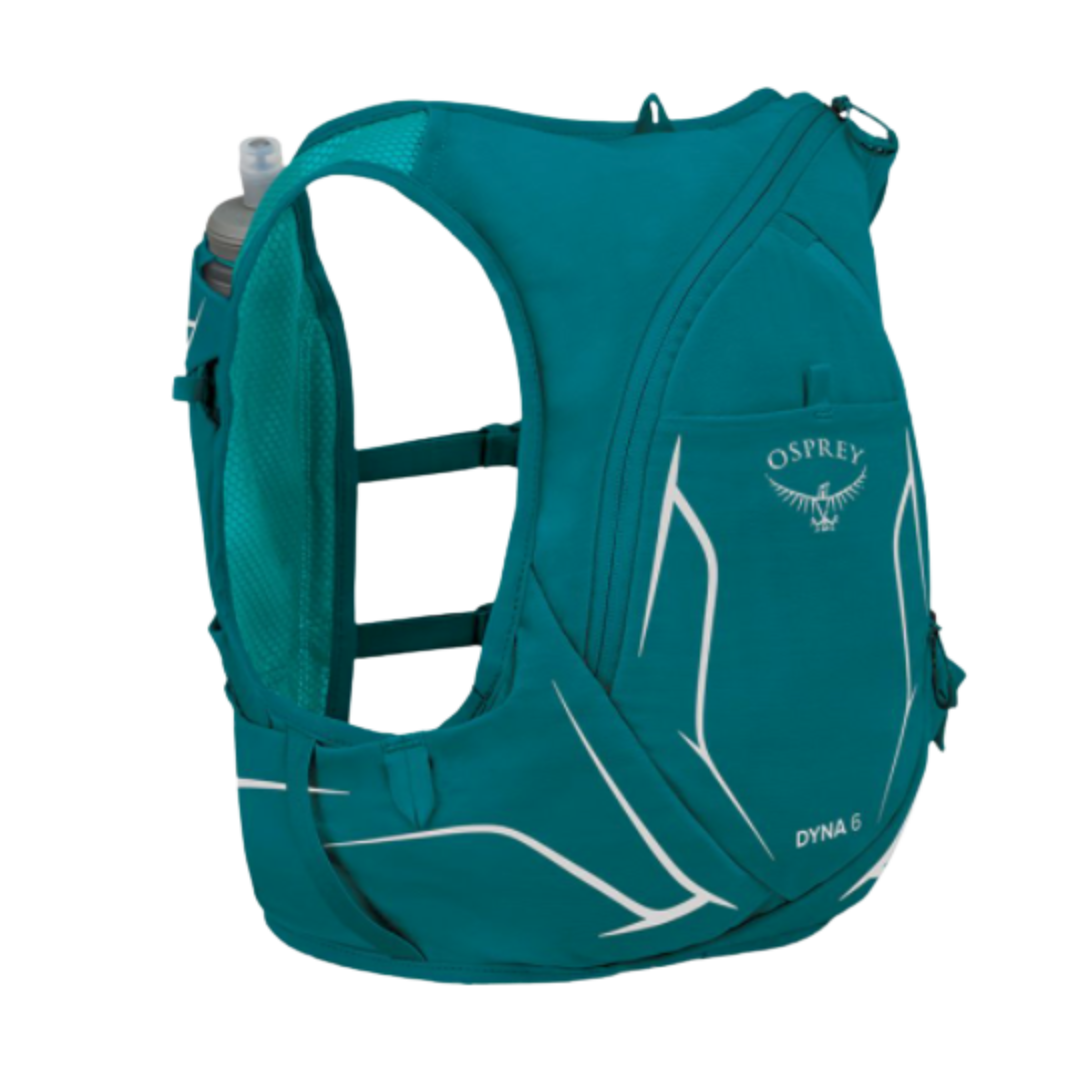Which ultra running vest?
Has your mileage started to increase on those long weekend runs? Are you looking to spend a whole day on the trails or in the hills with friends or maybe you are looking to tackle your first ultra marathon?
The reality is you don’t need to be running an ultra marathon to use a hydration vest. A hydration vest or an ultra running vest, whatever you want to call it basically gives you a means to carry a bunch of stuff out with you whilst you are out on the trails. Whether that’s water, snacks, spare layers, or anything else you want to take along with you for the ride there is a pack for you.
There are so many options in the market now but very few brands offering a female specific fit so it really is important that you spend time doing the research so you can make sure you are investing in the right one to suit your needs and body shape.
Before we jump into my top picks for ultra running vests, I want to take you through some considerations you might want to start thinking about before.
Bottles or bladder?
One of the most important considerations to make when choosing your vest is whether to opt for bottles or a reservoir aka bladder. As with the choice of the vest itself this is a very personal thing but for me, I prefer to carry a combination of hard and soft bottles.
There are pros and cons of both, and most running vests are usually compatible with both but be warned they are not always included in your purchase so you will have to look at investing in these separately.
Soft bottles are easier to refill, and they usually come in 300-500ml capacity which means if your vest can load up two bottles on the front you have the option to have two different types of fluid with you. I usually have one side loaded up with electrolytes and the other side plain water. Some brands also come with longer tubes or straws to eliminate the fuss of reaching down to drink.
On the flip side bladders tend to carry a larger capacity and the tube means you can drink on the go without using your hands so basically fuss-free, but you are carrying a tonne more water than you might ever need, and it can be tricky monitoring your fluid consumption throughout training and racing.
Are you racing or training?
Another consideration to make is will you be using the running vest in training and on race day. If the answer is yes and the requirements are wildly different, are you willing to compromise and get something that works for both situations and are you happy to purchase more than one pack to go with your many pairs of trail running shoes?
What do you need to carry?
If you are thinking ahead to your event, most races usually have a mandatory kit list of stuff you are required to always carry with you during your event.
If you are racing in hills or mountains where the weather can be unpredictable, expect a bigger mandatory kit list. From personal experience, I always try to take above and beyond what is needed just to prepare for any eventuality.
Just because you set off in the middle of summer, don’t expect it to not be snowing or pelting down with rain at the top of a mountain. The same goes for running on the flat, after a couple of hours the weather can look wildly different, especially for those of you in the UK.
How far are you going?
Depending on the time you are planning to spend out on the trails will determine how much kit you decide to take with you and more importantly what capacity of hydration vest you can get away with.
For shorter trail runs where you want to carry to bare minimum of water and some snacks you can get away with a smaller volume vest but on longer runs where weather can be a bit more unpredictable, your kit items may or may not include anything from spare warm layers, hats/gloves, headtorch, maps, safety items etc.
It is also worth checking out to see if your event will allow a drop bag at certain points along the course and what is on offer at the check points. If your event offers little or no support and you are expecting to be on your feet for more than 24 hours, you might want to consider backpack rather than a vest.
Here are my 5 ultra running vests that are loved by myself and the women I coach:
1. Ultimate Direction Ultra Vesta 6.0 - $139.95
Did you find this useful? What do you look out for when choosing the right ultra running vest? Maybe there is one you think is worth mentioning that I haven’t included in my run down?
I’d love to know which one has made it to the top of your list. Let me know in the comments below or drop me a message on social media.








